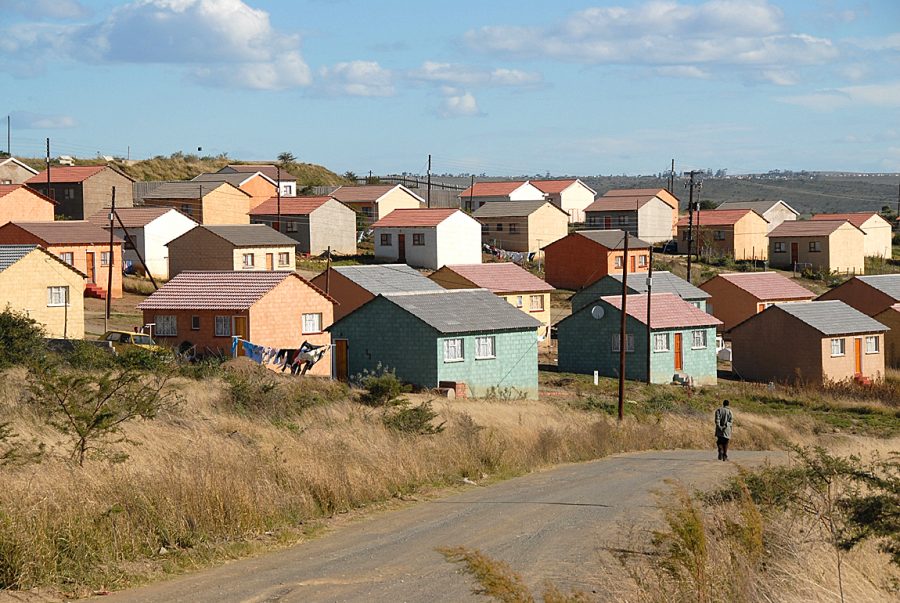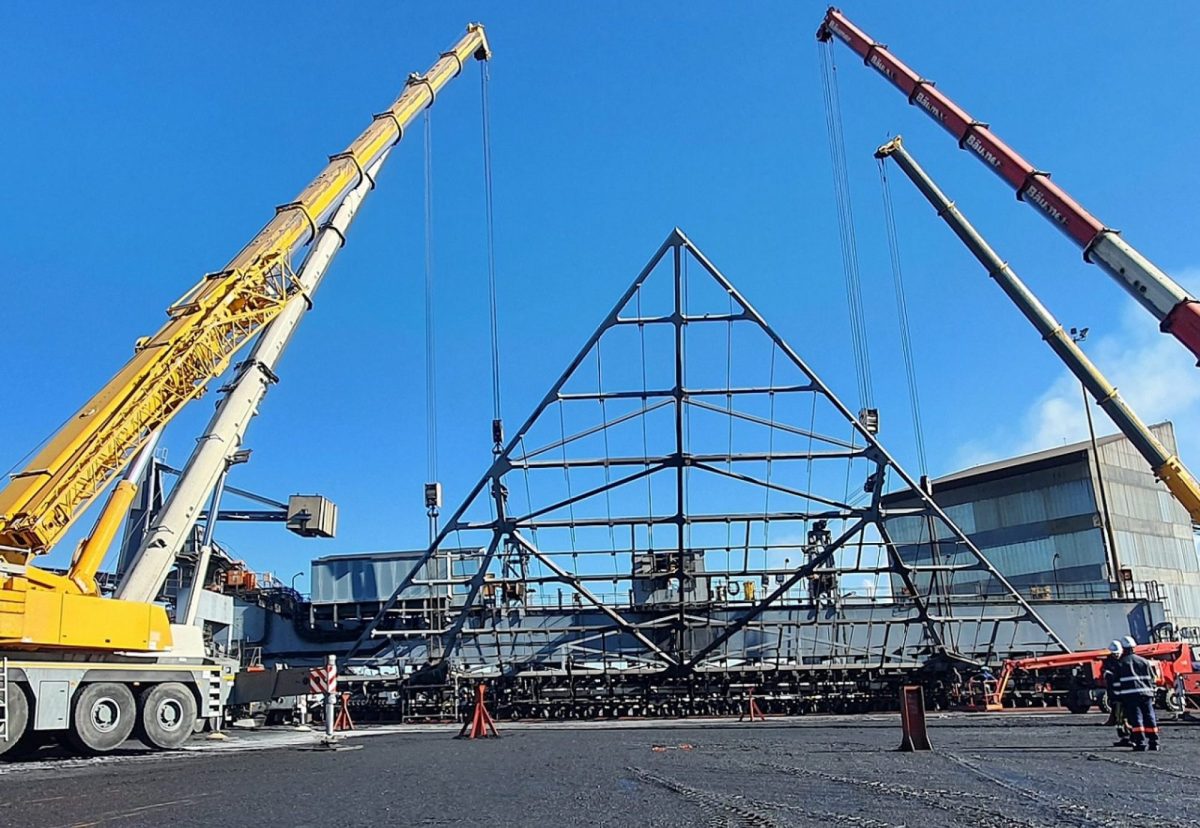

The manner in which engineering companies tender for public constructionprojects
is unsustainable and unnecessary, says South African Black Technical and Allied Careers Organisation (Sabtaco) president Clint Koopman.
“I don’t see a gun being held to our heads to tender at the rates that we do,” Koopman commented on the second day of the 2018 InfrastructureIndaba, hosted by CESA.
He noted that when fee scales were first introduced they were considered a minimum, however, of late – likely because of the dearth of work – fee scales became “a ceiling”, as companies tried to submit tenders at the lowest possible price to try and increase the likelihood of securing a project.Koopman pointed out that, despite engineering companies reducing their fees to unsustainable levels, tendering remains a largely unsuccessful endeavour, with companies generally being awarded one in twenty-five tenders.
Diminishing returns, combined with the high cost of labour, have jeopardised the sustainability of the consultingengineering sector, and Koopman noted that this was largely “a self-inflicted wound”.Fee scales are a guideline used to assist the client in negotiating a fair price – not a requirement, Koopman pointed out. He added that engineering companies should set a new benchmark for fees that will enable them to be more competitive and that it was a simple matter of supply and demand.
Reiterating this sentiment was political analyst Ralph Mathekga who said engineering skills in South Africa are in short supply, with the sector growing at 2% year-on-year for the last 20 years, amid a climate where “big infrastructureprojects are required for political survival.”Mathekga noted that political uncertainty around timeframes and methodology of land expropriation without compensation would prevail.
Further, Mathekga noted that the adoption of the “expropriation without compensation” mantra was an indication that the ANC is shifting towards populism, and expressed his concern that should the party – which he believes will win the next elections – gain more than 60% in 2019, the shift will be even more excessive and will impact policy in an adverse way.
More news
- CELEBRATING EXCELLENCE IN THE RESIDENTIAL PROPERTY SECTOR
- PART 4: GIBS PANEL DISCUSSES INTEMEDIATE CITIES ROLE IN AFRICA’S DEVELOPMENT
- EXPOSED AGGREGATE PAVERS COMPLEMENT NEW LIFESTYLE CENTRE
- GIBS PANEL EXPLORES ROLE OF INTERMEDIATE CITIES IN SA’S DEVELOPMENT PART 3
- CITI-CON’S CONCRETE KNOWLEDGE SUCCESSFULLY DEPLOYED ON NEW LANDMARK DEVELOPMENT





